Negro Leagues
1860 through 1960
Updated October 2024
Posted July 2022
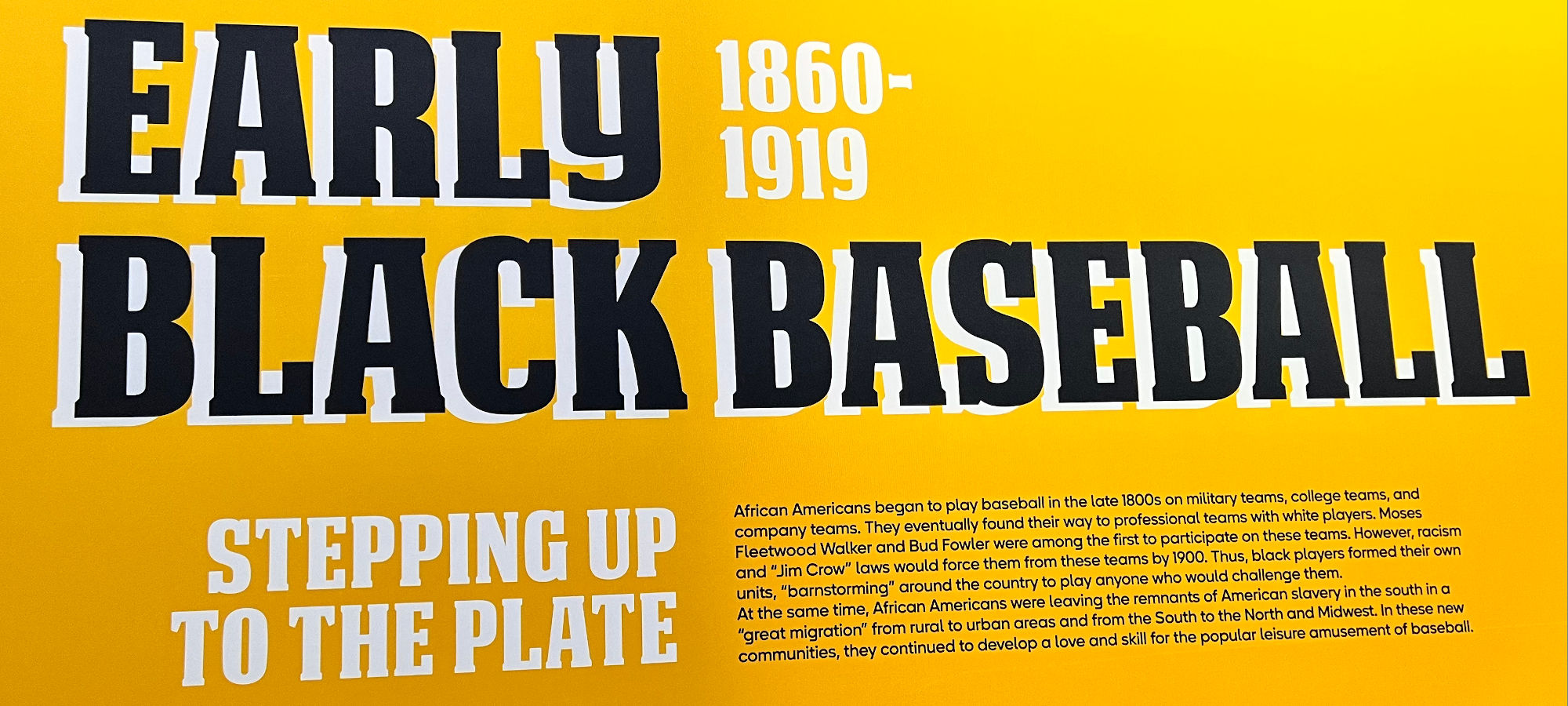
Early Black Baseball
African Americans began to play baseball in the late 1800s on military teams, college teams, and company teams. They eventually found their way to professional teams with white players. Moses Fleetwood Walker and Bud Fowler were among the first to participate on these teams. However, racism and "Jim Crow" laws would force them from these teams by 1900. Thus, black players formed their own units, "barnstorming" around the country to play anyone who would challenge them. At the same time, African Americans were leaving the remnants of American slavery in the south in a "great migration" from rural to urban areas and from the South to the North and Midwest. In these new communities, they continued to develop a love and skill for the popular leisure amusement of baseball.
African Americans began to play baseball in the late 1800s on military teams, college teams, and company teams. They eventually found their way to professional teams with white players. Moses Fleetwood Walker and Bud Fowler were among the first to participate on these teams. However, racism and "Jim Crow" laws would force them from these teams by 1900. Thus, black players formed their own units, "barnstorming" around the country to play anyone who would challenge them. At the same time, African Americans were leaving the remnants of American slavery in the south in a "great migration" from rural to urban areas and from the South to the North and Midwest. In these new communities, they continued to develop a love and skill for the popular leisure amusement of baseball.

Moses Fleetwood Walker with Toledo
College-educated Moses Walker was among the first black players to perform for a Major League team. He appears here with the team in Toledo, Ohio. He was a catcher, and his brother Weldy briefly joined the team later as an outfielder. He and George Stovey became the first black pitcher/catcher battery in Major League baseball 1887 as teammates in Newark.
College-educated Moses Walker was among the first black players to perform for a Major League team. He appears here with the team in Toledo, Ohio. He was a catcher, and his brother Weldy briefly joined the team later as an outfielder. He and George Stovey became the first black pitcher/catcher battery in Major League baseball 1887 as teammates in Newark.


Bud Fowler
Born John W. Jackson, "Bud" Fowler (1858-1913) is considered the first black baseball player to play on a white professional team. His first known appearance was in 1878 in Massachusetts. He played for several minor league teams across the country, including this team in Iowa, as a pitcher and infielder.
Born John W. Jackson, "Bud" Fowler (1858-1913) is considered the first black baseball player to play on a white professional team. His first known appearance was in 1878 in Massachusetts. He played for several minor league teams across the country, including this team in Iowa, as a pitcher and infielder.


Paige Fence Giants
Sponsored by the Paige Woven Wire Fence Company of Adrian, Michigan, the Giants were credited with 82 consecutive wins in 1897.
Sponsored by the Paige Woven Wire Fence Company of Adrian, Michigan, the Giants were credited with 82 consecutive wins in 1897.


Cuban X Giants
The X Giants were made up of former members of the Cuban Giants team. They were among the dominant teams of the late 1800s in the North and Midwest.
The X Giants were made up of former members of the Cuban Giants team. They were among the dominant teams of the late 1800s in the North and Midwest.


Andrew "Rube" Foster
1879-1930
Considered the "Father of Black Baseball," Texas native Rube Foster is an icon in baseball history. An outstanding pitcher and team organizer in the pre-Negro Leagues for teams in Philadelphia, Chicago, and Latin America, he was eventually selected as president of the original Negro National League.
1879-1930
Considered the "Father of Black Baseball," Texas native Rube Foster is an icon in baseball history. An outstanding pitcher and team organizer in the pre-Negro Leagues for teams in Philadelphia, Chicago, and Latin America, he was eventually selected as president of the original Negro National League.

Philadelphia Giants
The Philadelphia Giants were the prototype of black independent teams and made black baseball a popular attraction after the turn of the century.
The Philadelphia Giants were the prototype of black independent teams and made black baseball a popular attraction after the turn of the century.


Saint Paul Colored Golphers
The Gophers were a successful, albeit short-lived, independent team of the pre-Negro Leagues. They had many competitive seasons, most notably 1909, when they defeated the popular Leland Giants of Chicago.
The Gophers were a successful, albeit short-lived, independent team of the pre-Negro Leagues. They had many competitive seasons, most notably 1909, when they defeated the popular Leland Giants of Chicago.
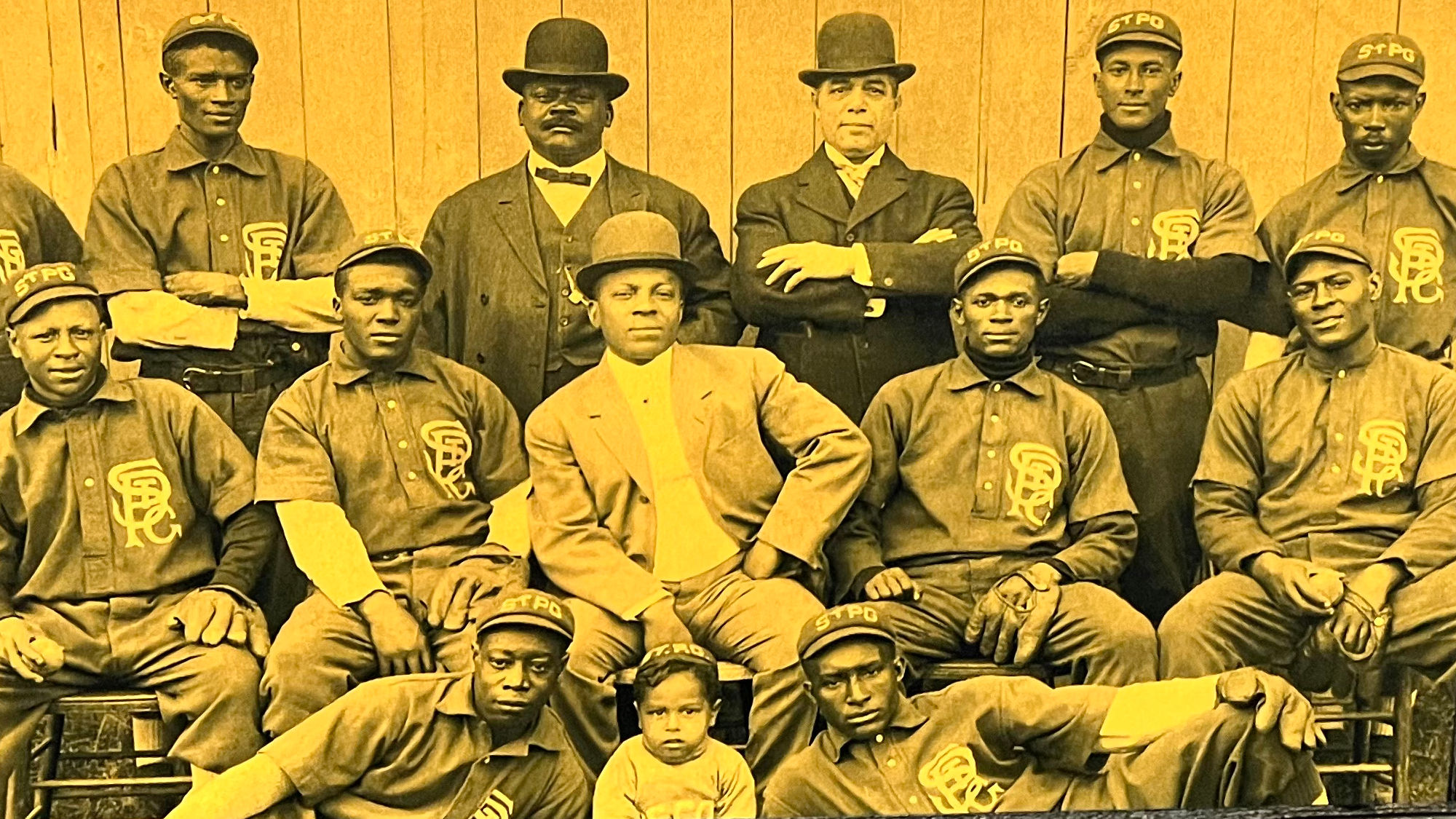
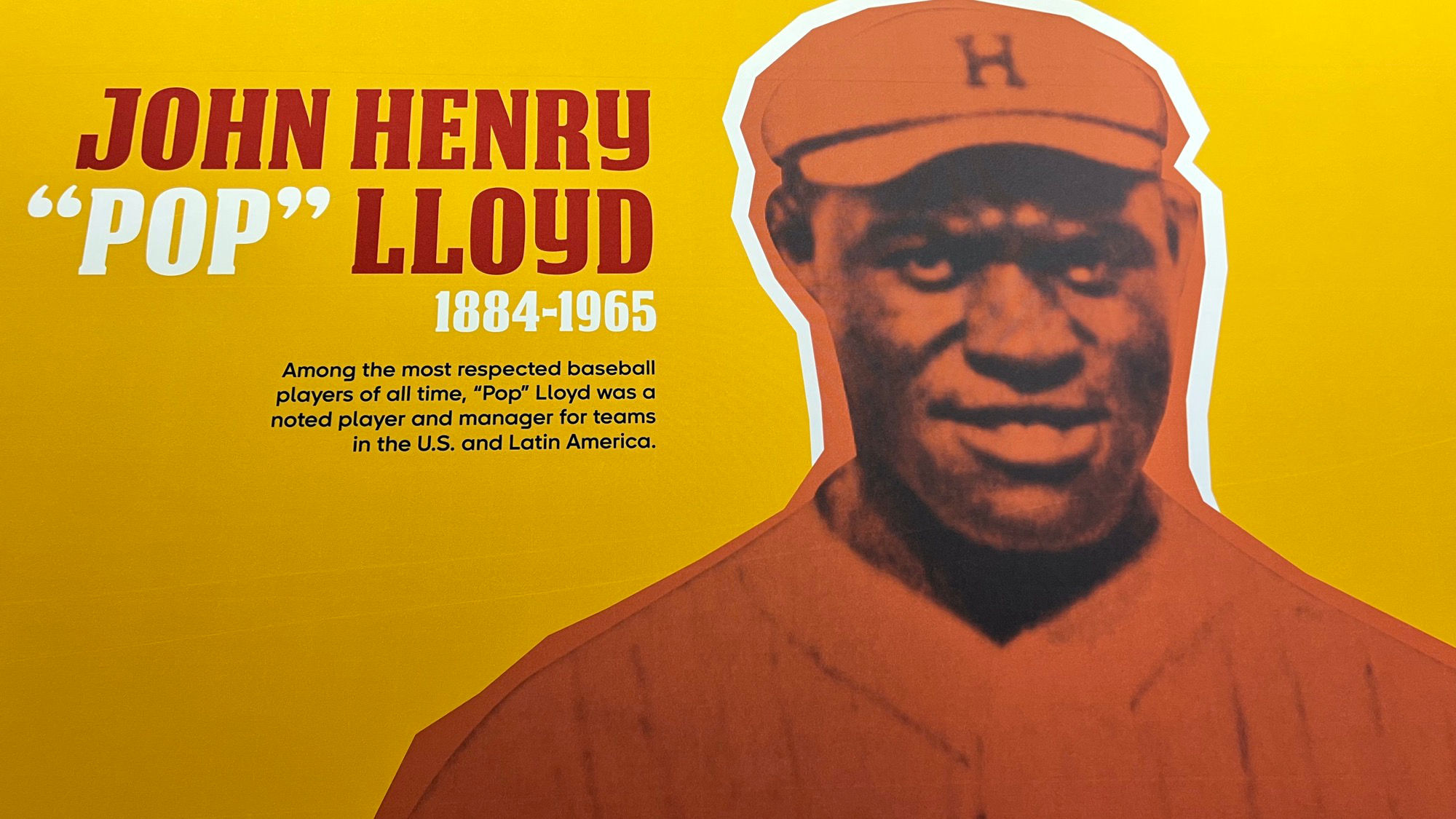
John Henry "Pop" Lloyd
1884-1965
Among the most respected baseball players of all time, "Pop" Lloyd was a noted player and manager for teams in the U.S. and Latin America.
1884-1965
Among the most respected baseball players of all time, "Pop" Lloyd was a noted player and manager for teams in the U.S. and Latin America.

Brooklyn Royal Giants
One of the best teams in the East between 1909 and 1915, the Royal Giants were charter members of the Eastern Colored League in 1923.
One of the best teams in the East between 1909 and 1915, the Royal Giants were charter members of the Eastern Colored League in 1923.


Lincoln Giants
Founded in 1911, the New York-based Lincoln Giants featured some of the best talent of the so-called "Dead Ball" era in baseball. Among its stars were "Pop" Lloyd, Dick Redding, and Louis Santop.
Founded in 1911, the New York-based Lincoln Giants featured some of the best talent of the so-called "Dead Ball" era in baseball. Among its stars were "Pop" Lloyd, Dick Redding, and Louis Santop.
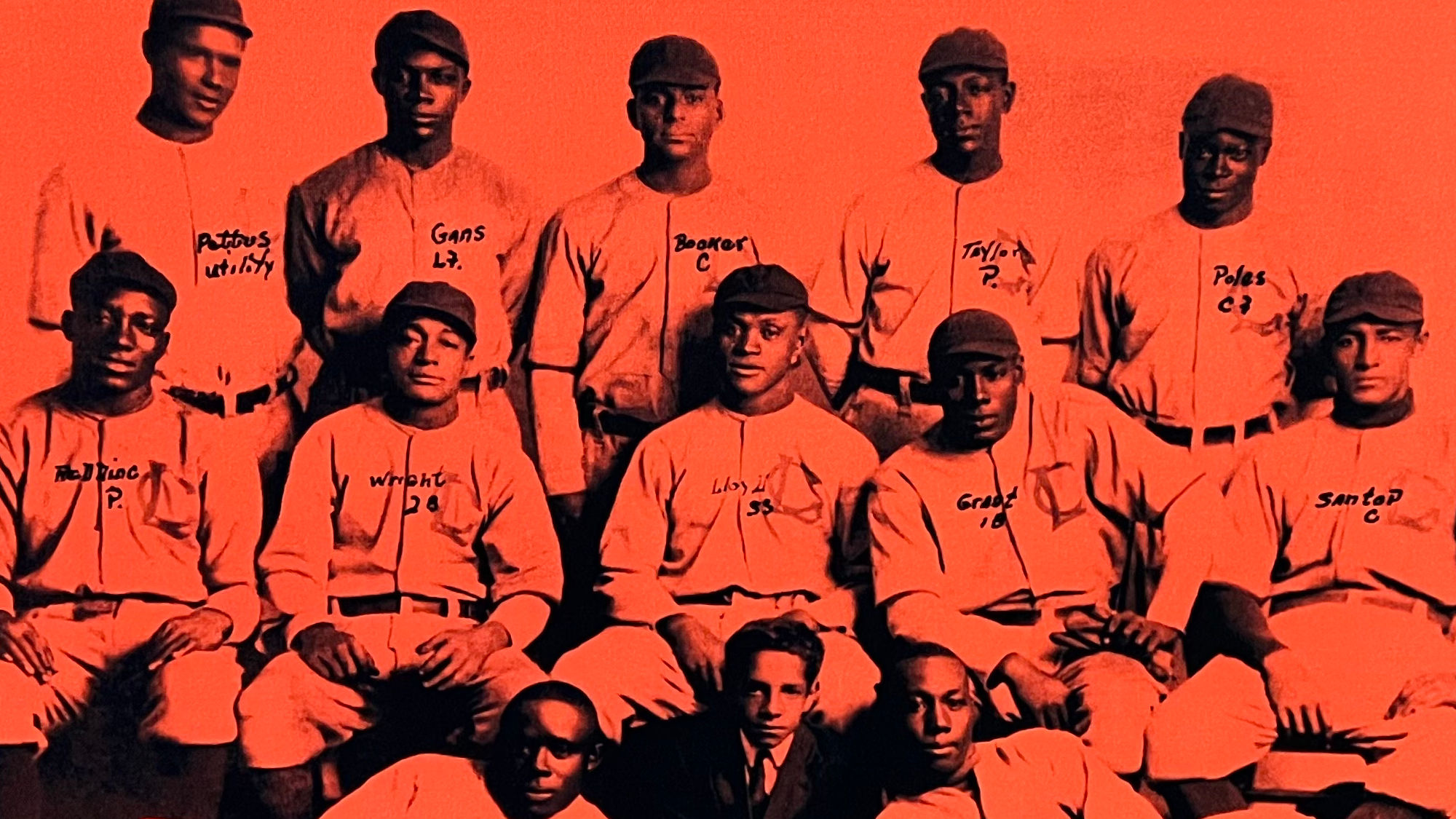
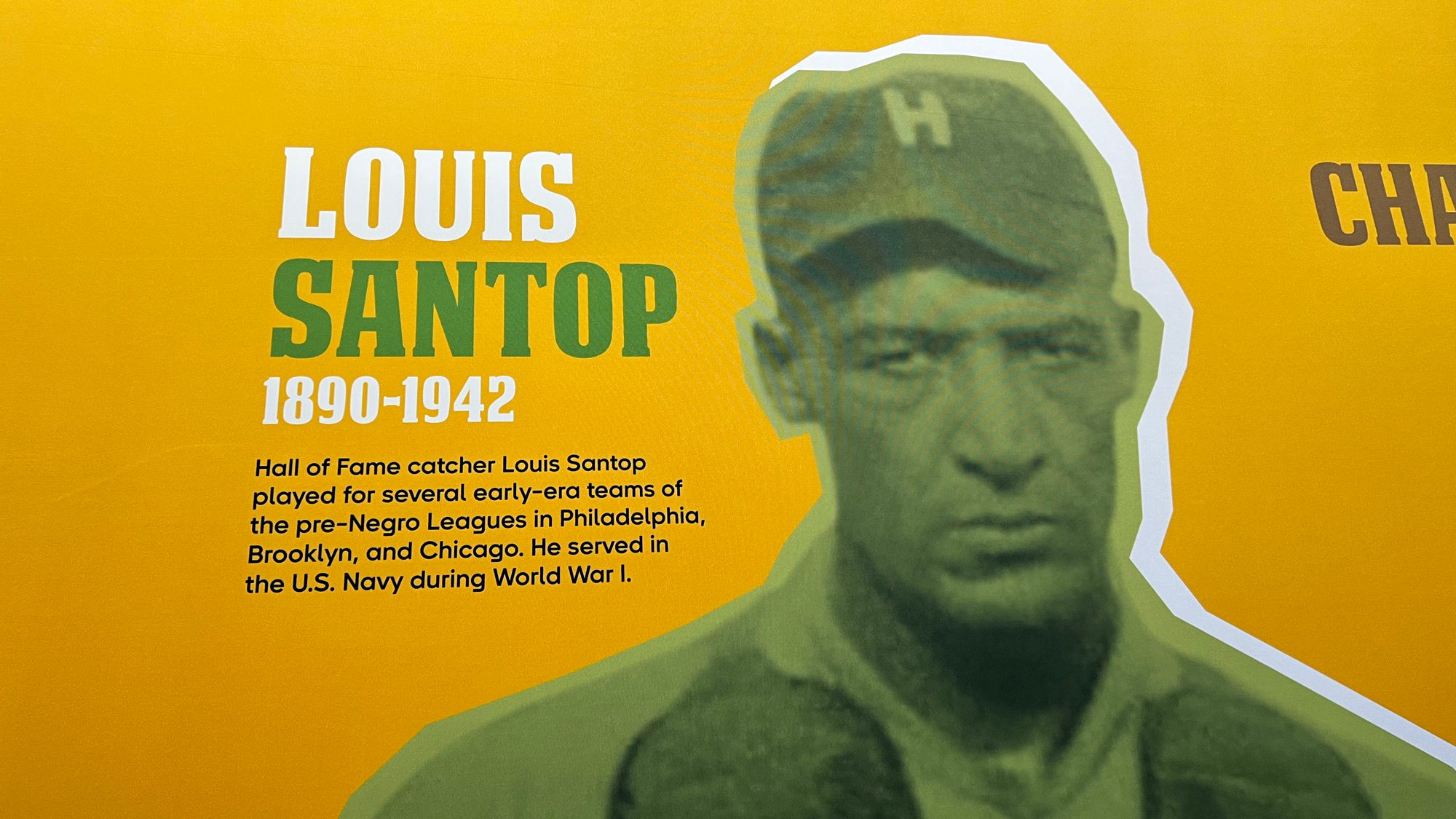
Louis Santop
1890-1942
Hall of Fame catcher Louis Santop played for several early-era teams of the pre-Negro Leagues in Philadelphia, Brooklyn, and Chicago. He served in the U.S. Navy during World War I.
1890-1942
Hall of Fame catcher Louis Santop played for several early-era teams of the pre-Negro Leagues in Philadelphia, Brooklyn, and Chicago. He served in the U.S. Navy during World War I.

Indianapolis ABC's
Before the original team broke up in the 1920s, the ABCs of 1914-1916 were among the best teams in black baseball. They were led by manager CI Taylor and included star players such as Oscar Charleston.
Before the original team broke up in the 1920s, the ABCs of 1914-1916 were among the best teams in black baseball. They were led by manager CI Taylor and included star players such as Oscar Charleston.


25th Infantry Baseball Team
The 25th Infantry was a distinguished unit of African American Army soldiers stationed in Hawaii and New Mexico during World War I and the Spanish American War. Talented baseball players were among their ranks, including future Negro Leagues star Wilbur "Bullet" Rogan.
The 25th Infantry was a distinguished unit of African American Army soldiers stationed in Hawaii and New Mexico during World War I and the Spanish American War. Talented baseball players were among their ranks, including future Negro Leagues star Wilbur "Bullet" Rogan.


Hilldale Giants
Based in Darby, Pennsylvania, the Giants (also known as the "Daisies"), owned by Ed Bolden, were charter members of the Eastern Colored League in 1923.
Based in Darby, Pennsylvania, the Giants (also known as the "Daisies"), owned by Ed Bolden, were charter members of the Eastern Colored League in 1923.


Oscar Charleston
1896-1954
Charleston began his Hall of Fame career in 1915 as a key member of the Indianapolis ABCs. He was part of several teams in the Negro Leagues and was known as a fiery competitor, often drawing comparisons to Ty Cobb.
1896-1954
Charleston began his Hall of Fame career in 1915 as a key member of the Indianapolis ABCs. He was part of several teams in the Negro Leagues and was known as a fiery competitor, often drawing comparisons to Ty Cobb.







